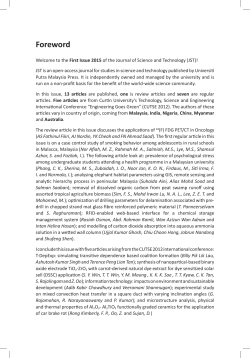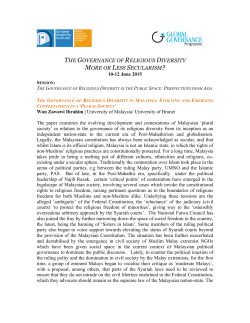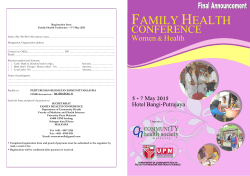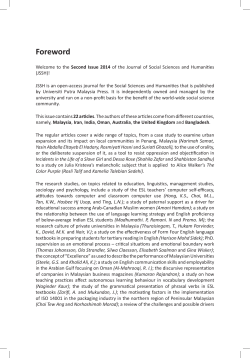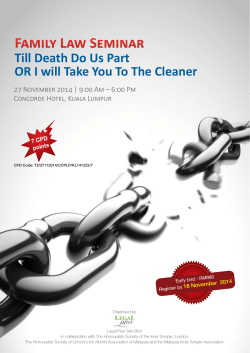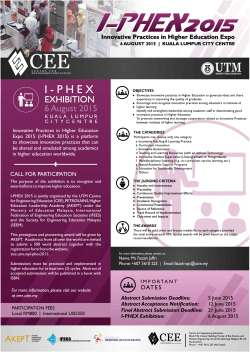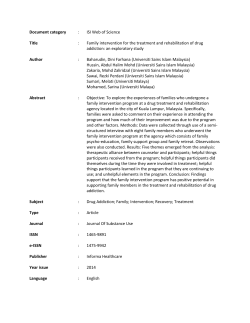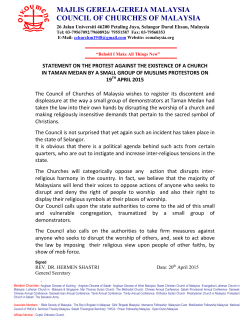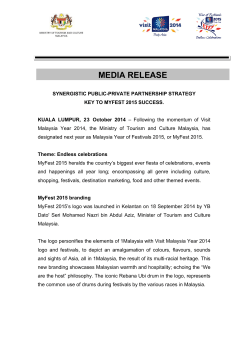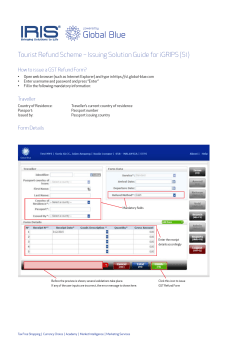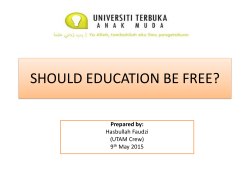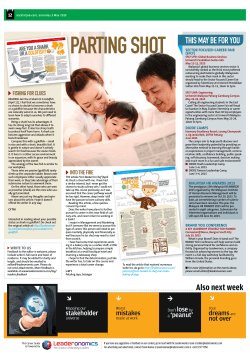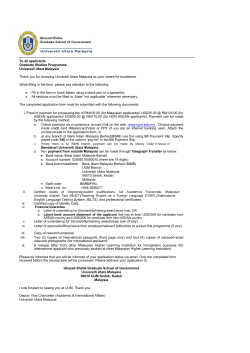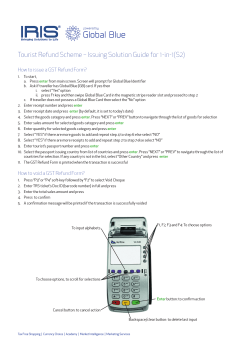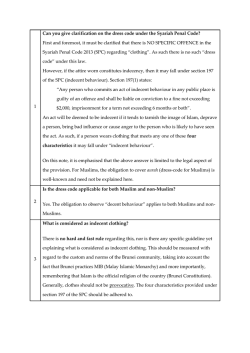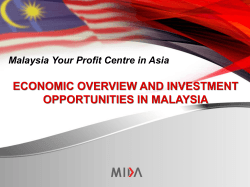
Governing Religious Diversity in Malaysia
THE GOVERNANCE OF RELIGIOUS DIVERSITY MORE OR LESS SECULARISM? 10-12 June 2015 SESSION: ROUNDTABLE: GOVERNING RELIGIOUS DIVERSITY AND GENDER RELATIONS GOVERNING RELIGIOUS DIVERSITY IN MALAYSIA – THE GENDER DIMENSION Helen Ting Mu Hung | Universiti Kebangsaan Malaysia Malaysia is a Muslim-majority country with a substantial non-Muslim presence. At independence in 1957, the Federation of Malaya (which grew to be Malaysia in 1963) was founded as a “secular” parliamentary democracy. A judiciary deliberation in 1988 by the Lord President Salleh Abas defined the word “secular” as meaning “a nonpreferential, non-interventionist stance towards all religions”. Article 3(1) of the Federal Constitution stipulates Islam as the “religion of the Federation”, understood as playing a ceremonial and symbolic role. Currently, a reinterpretation of Article 3(1) is gaining ground, asserting the superior status of Islam as the official religion over other religions. Decades of comprehensive policy of Islamization from the 1980s have expanded the sphere of competence of Syariah laws beyond Muslim marriage and inheritance matters into moral policing and regulation of faith practices and discourses. Attempts at elevating the status of Syariah judiciary as equal and not below the civil court is also complicating resolution of interreligious grievances involving a Muslim party who resort to Syariah jurisdiction. This paper will look into how issues touching on gender dimensions such as domestic violence, parental rights over child custody and conversion have been negotiated in an inter-religious setting and its implications on gender relations.
© Copyright 2025


